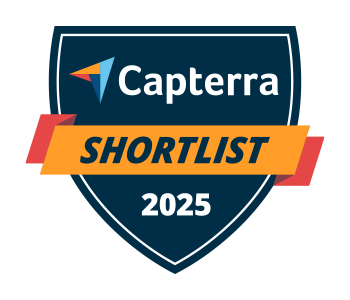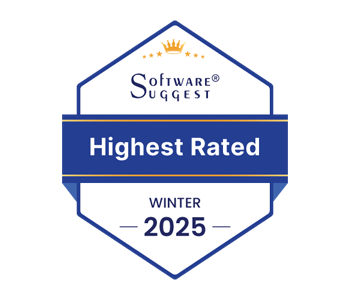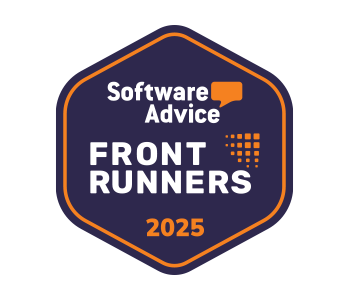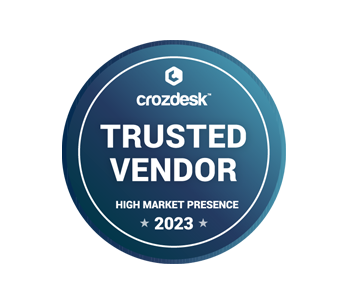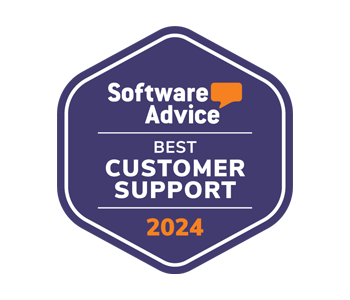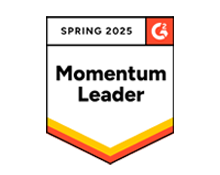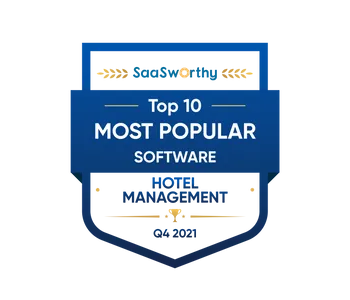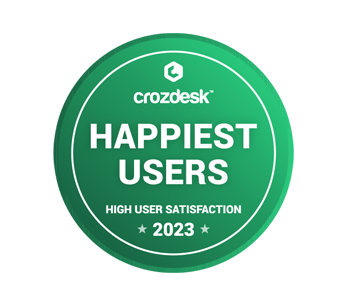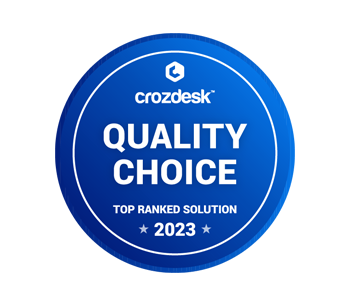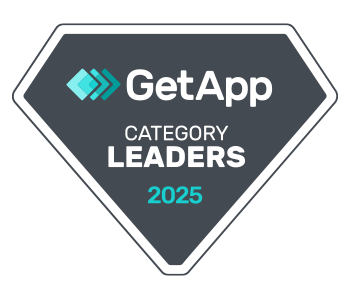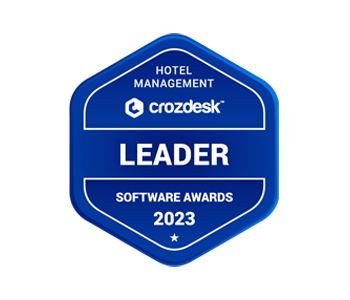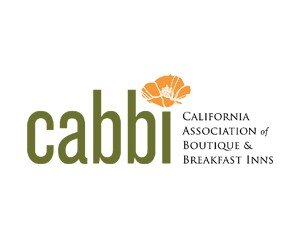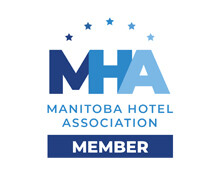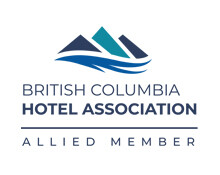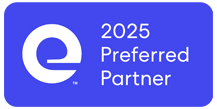Creating a strategy to increase direct bookings not only slashes commission fees and increases profit but builds customer relationships and loyalty by offering unique, personalized incentives and services for booking direct.
Your direct booking channel is also the only one you have complete control over, so it’s worth cultivating on that basis as well. An OTA could change their policy tomorrow. The policy for your direct bookings is whatever you need it to be.
In 2023, direct hotel bookings rose from 20 percent to 29 percent. Other properties are upping their game, and you can too. Here’s how.
Analysis
Know your current situation and how much you rely on OTAs. What portion of your revenue comes from those OTAs versus direct bookings? What are your most profitable booking channels? Your direct booking channel should be your most profitable as you don’t have to deal with those pesky commission fees. If this isn’t the case, find out why. Analyze and compare metrics across booking channels.
Review your pricing across all channels as well and make sure your OTAs aren’t undercutting you. The best rate and value should come through booking direct.
Track which devices your guests use to book. Do the majority of your bookings come from desktop or mobile? What about over the phone? (Yes, phone bookings still happen.) Once you know how your guests book, you can find ways to make that process as easy as possible.
Online Advertising
Guests can’t book directly with you if they don’t know where to go. Some guests may find your website right away, but others need more direction. This is where online advertising comes in.
Advertise on distribution channels and metasearch sites; think of them as the top of your sales funnel. You can use pay-per-click ads on metasearch sites such as TripAdvisor to wave guests over to your website.
Pay attention to what ads get you the best return on investment (ROI). Your property management system should help with this. For instance, WebRezPro includes market codes that enable you to track bookings coming from ad campaigns.
Your Google Business Profile is an important asset to take advantage of. Google has 92 percent of the search engine market, and it’s easier to boost that ROI with their free booking links! There’s even a new feature that allows you to compare rates with your competition.
If you direct guests to your website, only to have them leave, don’t despair. Use retargeting ads to snag them back. These ads aim for people who have already clicked on your website. They’ve shown interest, so it could be worth your while to hunt them down.
Social Media
Use your social media channels to link to your direct platforms and spread the word. Start with Instagram; 37 percent of those in the USA prefer Instagram for travel content, followed by YouTube at 26 percent, and Facebook at 23 percent. Tip: Facebook allows you to link to your booking engine directly from your profile page.
Don’t neglect content that you don’t produce; user-generated content (see below) and influencer content both make a big impact. Pick influencers that have access to the audience you’re trying to reach. Bigger isn’t better if the audience doesn’t match up.
Finally, your organic reach will only take you so far. Use social media advertising to spread the word to more potential guests. You don’t have to throw yourself in the deep end right away—in fact, it’s not recommended—start slow and see what kind of campaigns bring you the best ROI.
User-generated Content
User-generated content is a valuable, trusted currency that hoteliers use to build their reputations and increase bookings. It’s word of mouth in digital form and includes reviews, social media comments, and other online statements.
Include this content on your website and social media profiles to both reassure guests that booking with you is the right choice and keep them on your site (if you don’t have this content, they’ll go somewhere else that does).
Web Design
Ensure your website is mobile friendly, visually appealing, and easy to navigate. If your website confuses potential guests, they will leave for an OTA or competitor. FAQs and chatbots can help to answer questions, but you should always have a number or an email available where guests can speak to a real person.
Guests find your website at different places along the path to purchase, so you need content that addresses every stage of that journey. Inspire your guests to dream, then show them you can make that dream a reality with your FAQ and other practical details.
Photos and videos are especially important for the dreaming stage. Sure, guests can imagine that white sand beach, but they shouldn’t have to. Show it to them. Not only do your images build anticipation, they also increase credibility.
Pay attention to your SEO as well. Your website should appear within the first few search results when someone types in your hotel name and city. Well-written copy is an important factor, but you can also bid on your own brand/property keywords for a reasonable cost… and OTAs are already doing it. Strong copy has to achieve more than a search engine boost. Its first task is to convey information. Its second is to make guests excited about that information. Be clear, concise, and emphasize your unique selling proposition.
Once guests finally reach your booking engine, you need to keep them there. The booking process should be simple; they’re purchasing a room, not applying for a passport (hopefully they have their passport all set!). Don’t ask for information you don’t absolutely need, and accept multiple payment methods to make it as easy as possible.
Email & Text Marketing
Sending special offers via email or text message enables you to entice guests and get around OTA parity agreements (you’re not offering the deal to everyone, only those on your email list).
Use templates and automation to send the right message at the right time. Integrating your property management system with CRM or guest engagement software is a great way to manage this. For example, you can send offers to guests based on reservation data—maybe that honeymoon couple is interested in coming back for their anniversary… Sending marketing emails manually not only wastes an inordinate amount of time, but is a recipe for errors.
Text marketing is on the rise, and it’s a winner with over 80 percent of customers who look at their text notifications in under five minutes after that text arrives. A text conveys urgency. WebRezPro integrates with multiple tech solutions who offer text messaging, including Akia, Breezeway, and Revinate, if you would like to give it a try.
Packages
Encourage guests to book with you by offering value-added packages that are only available through your website or other direct channels. While price greatly influences travelers, you shouldn’t take a hatchet to your rates to draw them in. Consider value as well as rate and don’t make it too complicated. Package deals offer guests greater value while highlighting your property’s strengths and features. Free parking, loyalty and reward points, free breakfast, or exclusive deals on local attractions and events are all examples of incentives for travelers to book direct.
Bonus: Create a sense of urgency by offering packages for a limited time only.
Personalization
At its most basic form, this means addressing your emails to “Dear Jane” rather than “Dear Guest.” However, personalizing the guest experience encompasses much more. It’s about gathering the data you need to tailor the stay to that individual, from the type of communications they receive to the chocolate you place on their pillow (if they’re allergic to nuts, don’t give them one of the nougat ones!). This is why effectively managing your guest database is so important.
In the case of communications, only send relevant messages. If Jane is a business traveler, give her your workcation information, not the stuff on your kids’ club.
Guest data, stored in your property management system, allows you to do this on a larger scale as well; think of guest segments rather than individuals. With it, you can develop and market programs, services, and packages for the guests who enjoy them most. It’s the start of your unique selling proposition.
Loyalty Program
Don’t neglect guest retention for acquisition. Retaining guests is cheaper; you’re marketing to people you already know are interested. Plus, you’ve gained their trust on previous stays, so they’re willing to spend more. Even if that guest booked with an OTA the first time around, they can book with you this time.
A loyalty program acknowledges repeat guests and encourages them to book direct with special packages and offers. Repeat guests are your VIPs, so treat them as such. Hint: You can even assign VIP reservations a color code for quick reference in WebRezPro.
Keep it simple and provide instant gratification. What smaller perks can you offer that guests don’t have to save up as many points for? What benefits can they enjoy automatically as loyalty members? Free breakfast? A complimentary welcome drink every time they stay?
Not only does a loyalty program enable you to treat your guests, it also allows you to gather better data on them. People are more willing to share if they receive something in return.
Lastly, think beyond the purely transactional, i.e., discounts. Think in terms of building the relationship and the welcome they receive. Say you’re glad to have them back!
Customer Service
Your customer service can encourage all guests to book direct, not simply loyalty program members, whether via online chat, email, phone, or even in person. That friendly reminder can go a long way…
Don’t neglect phone bookings. Eighty-three percent of US vacationers would rather book travel online… which leaves 17 percent of bookings you could be missing out on without a phone number—or someone to answer it. The more calls you convert, the bigger the boost to your direct sales. Phone calls can also be crucial for answering guest questions and addressing any requests while providing another opportunity to build a relationship.
Implementing tactics that motivate travelers to book direct increases your business’s exposure, occupancy, and profits. Use these tips to drive more direct bookings and be on your way to a healthier channel balance. OTAs give you exposure, but they shouldn’t be doing all the heavy lifting!
Editor’s note: This post was originally published in March 2020 and last updated April 2024.









